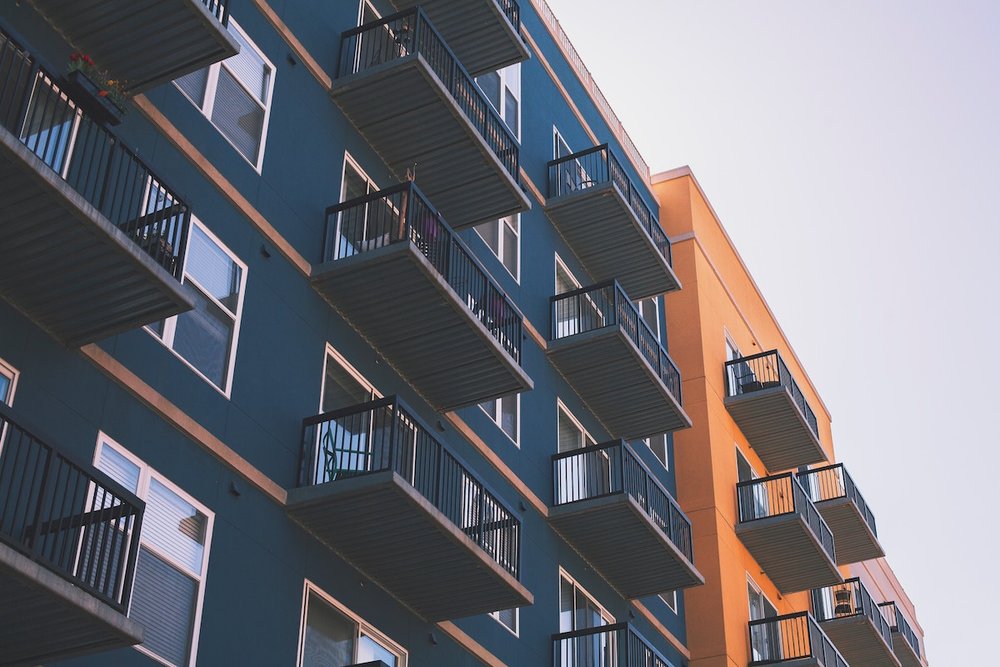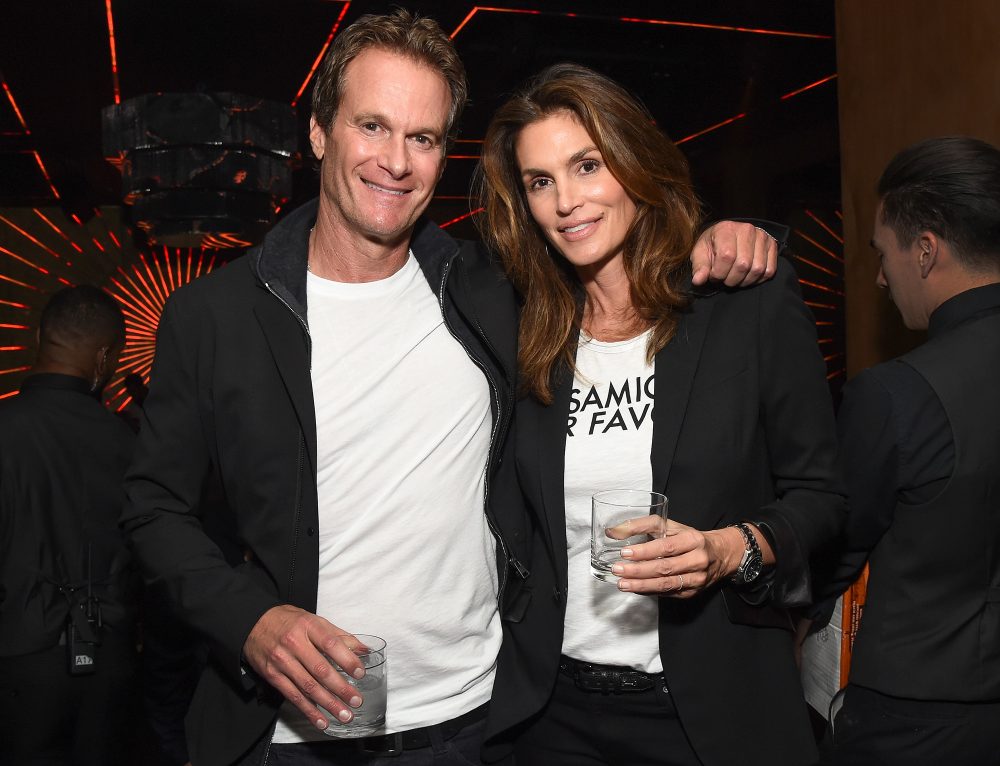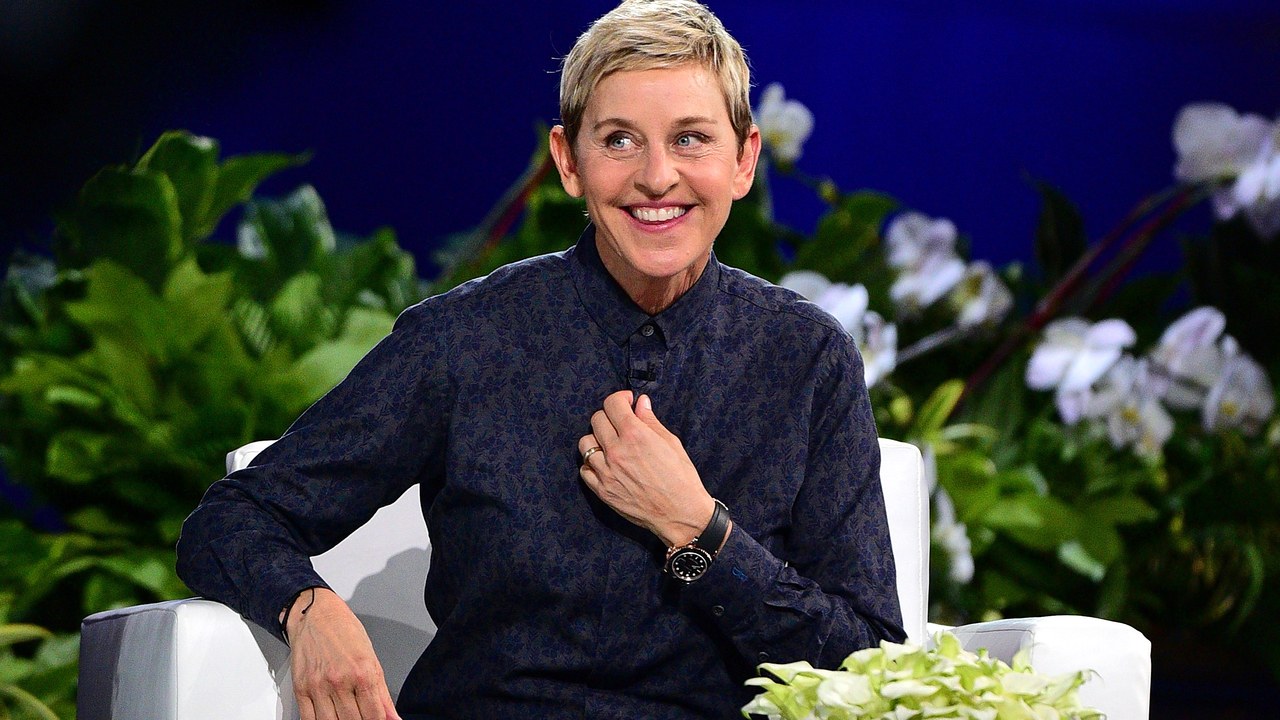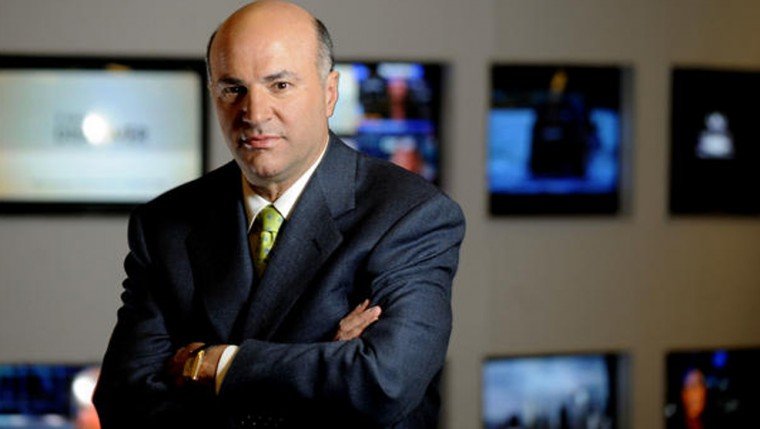Something strange is happening to democratic states around the world. The economic gap between the rich and the poor has been slowly widening as the oligarchs are beginning to emerge as powerful forces in the political arena with strong political aspirations – but are the rich in power using democracy to fulfill their own personal agenda?
Economic Disparity Leading to an Unstable Political Environment
The U.S has the world’s strongest economy, best universities and scientific research centers, the most powerful military and the highest acceptance rate for immigrants – above all, it has the most impressive democratic system that protects human rights and treats all citizens with equality.
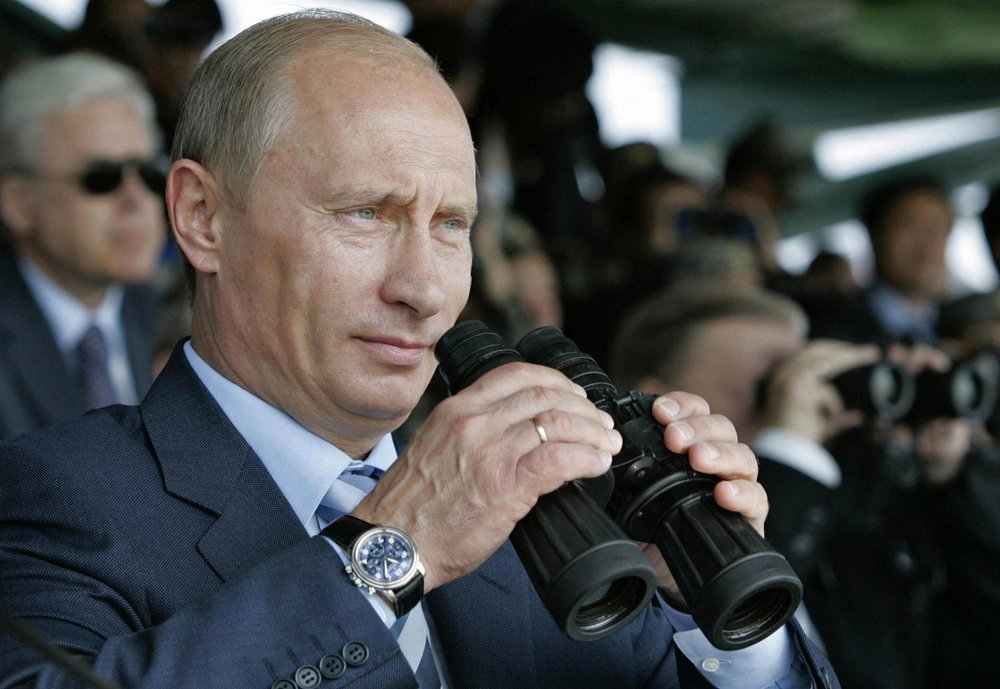
Russian President, Vladimir Putin
However, the basic foundations of democracy have slowly begun to erode as economic and racial inequality takes its place and deepens its roots within the state structure. The opinions and votes of the common people matter less now as the oligarchs use their influence to gain control over the political system. Liberal thinkers who consider money as the worst enemy of democracy, believe that the concept of elected representation will depict nothing more than a mere decoration.
Statistics show that economic gap in the country has been widening where the top 1 per cent of the population has an average income that is 30 times more than the remaining 99 per cent. Furthermore, Nobel Prize winning economist, Joseph Stiglitz, says that the top 1 per cent owns more than 25 per cent of the country’s total wealth.
Oligarchs Running the Governments Like a Business
But it’s not only the United States where billionaires and businessmen are becoming key policymakers. Parts of Europe including Czech Republic and Russia have seen a trend of oligarchs taking key political positions. Czech Republic’s second-richest oligarch and billionaire with powerful political connections worldwide Andrej Babis was named the new Prime Minister but it seems like his ambitions go far and beyond the realms of politics.
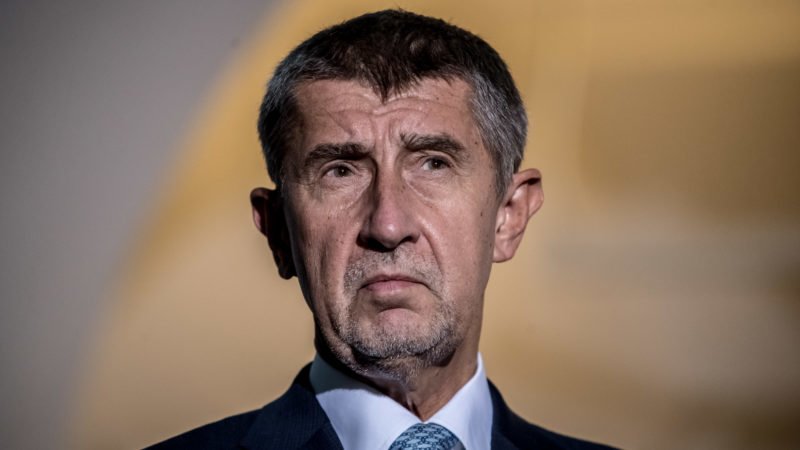
Andrej Babis
Since the 90’s, Czech Republic has rapidly transitioned from a communist nation into a democratic one and as a result, its economy has seen tremendous growth, helping the country become an active member of the European Union. However, the liberal democracy that was once flourishing, is now at the brink of suffocation. Before the financial crisis of 2008, the country boasted a liberal and diverse media landscape which worked as an efficient system for keeping the democracy in check, but now the powerful tycoons control all of it.
The process of controlling the media which was initiated by President Milos Zeman has encouraged anti-establishment forces in Prague to operate without the fear of getting exposed. Situation is even worse in Budapest where the Prime Minister Viktor Orban is losing his trust in the system and believes that the deterioration of democratic institutions is making Czech Republic increasingly vulnerable to foreign influence – especially from Russia.
The Myth of Free Media
Before entering politics, Andrej Babis was earning a hefty paycheck of $1.4 million in salary from his fertilizer company which is the fourth-largest in the country. Babis has been able to grow his vast business empire with the help of the political elite in Czech Republic whom he has strong connections with. Babis and Milos Zeman, President of Czech Republic, struck a business deal in 2001, selling Zeman’s chemical company to a polish company for $45 million.
The Polish secret intelligence blew the lid off Zeman’s secret business ventures across the border and Poland cracked down on the entities involved in the deal. However, in Czech, no action was taken against the President due to his strong links inside and outside the political community.
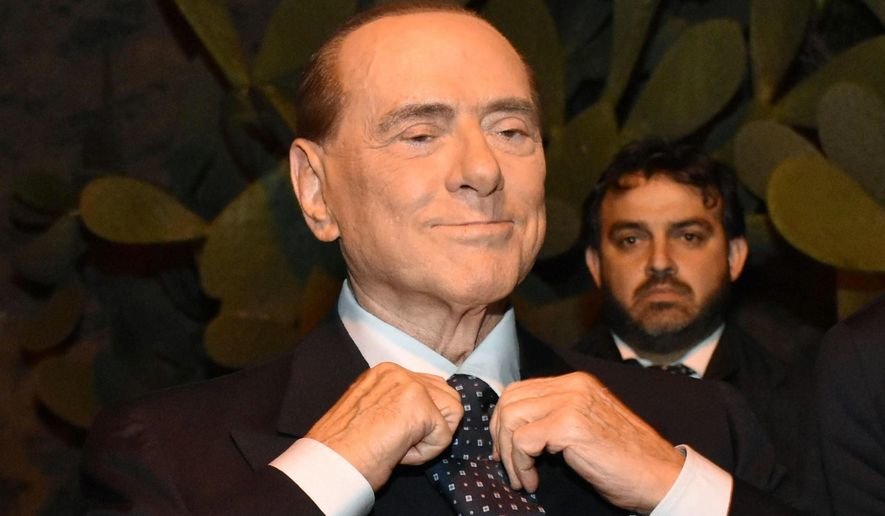
Silvio Berlusconi
Media plays a crucial role in providing information about the political environment which can influence the way policymakers are perceived in the eyes of the public. But media bias is becoming a problem not only in the US, where pro-Trump networks are gaining popularity, but also in Europe. Silvio Berlusconi, the business tycoon, is using his own television networks to influence next year’s elections in Italy.







